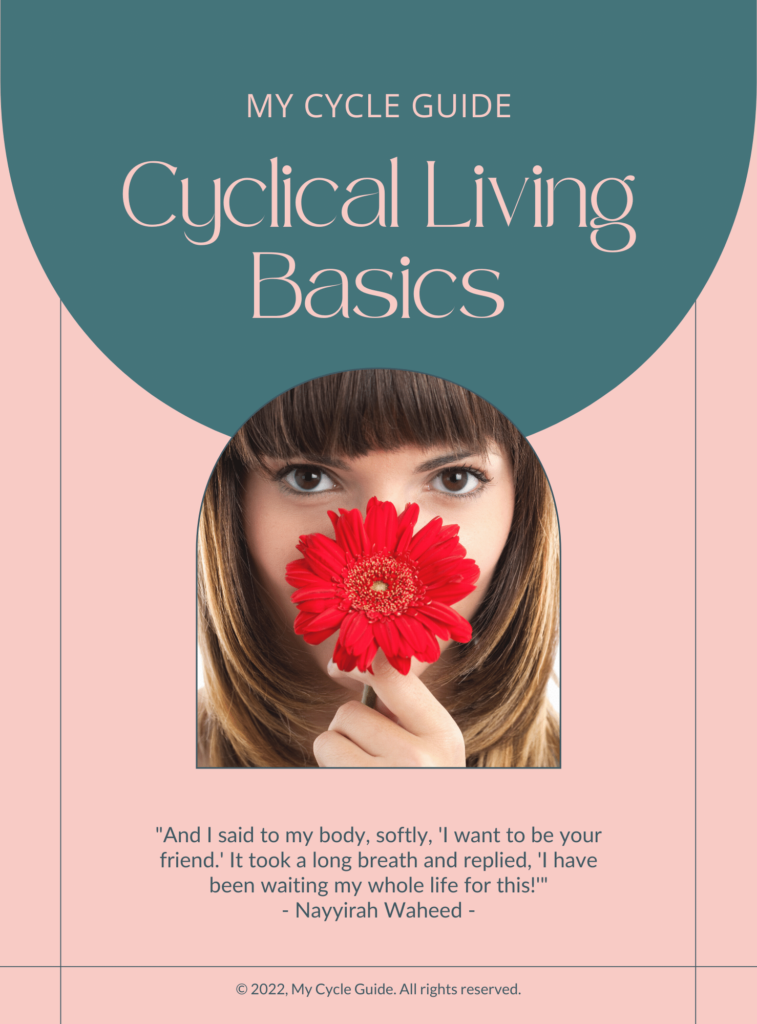What is Hormone Replacement Therapy (HRT)?
Hormone Replacement Therapy (HRT) is a treatment used to relieve symptoms of menopause in women. It involves taking medications containing female hormones to replace the ones the body no longer makes after menopause.
How Does Hormone Replacement Therapy Work?
HRT works by supplying the body with estrogen and sometimes progesterone to help regulate hormone levels and alleviate symptoms of menopause. There are two main types of HRT:
- Estrogen-only HRT: Usually prescribed for women who have had their uterus removed.
- Combined HRT: Contains both estrogen and progesterone, and is typically prescribed for women who still have their uterus, as taking estrogen without progesterone increases the risk of endometrial cancer.
How Does Hormone Replacement Therapy Impact Menstrual Health?
HRT is primarily used in postmenopausal women to relieve symptoms such as hot flashes and night sweats. However, it can also be used to manage irregular periods in pre-menopausal women dealing with hormonal imbalances. It is important to note that women using HRT can experience breakthrough bleeding and spotting.
Emotional Impact of Hormone Replacement Therapy
HRT can have a significant impact on a woman’s emotional well-being. By reducing menopausal symptoms, it can improve mood and reduce instances of depression and anxiety often associated with menopause. However, like any treatment, it may have side effects, which can include mood swings.
How Can You Track the Effects of Hormone Replacement Therapy?
If you’re using HRT, it can be helpful to track your symptoms and how you feel on a daily basis. This can include physical symptoms like hot flashes or night sweats, as well as emotional changes. You can use a diary or a dedicated menstrual cycle tracking app.
Which Hormones Are Involved in Hormone Replacement Therapy?
Hormone Replacement Therapy primarily involves the administration of the hormones estrogen and progesterone. Both play a critical role in female reproductive health and are used together in HRT to maintain a crucial balance.
Estrogen in Hormone Replacement Therapy
Estrogen is primarily responsible for developing and regulating the female reproductive system. It controls the growth of the uterine lining during the first part of the menstrual cycle, influences secondary sexual characteristics such as breast development and the distribution of body fat, and impacts the health of bones, skin, and various other tissues. Estrogen helps maintain skin elasticity, supports the health of the urinary tract, promotes bone strength, and influences mood and cognitive function. In HRT, estrogen is used to relieve menopausal symptoms like hot flashes and vaginal dryness.
Progesterone in Hormone Replacement Therapy
Progesterone’s main role in the body is to prepare the uterus for pregnancy by regulating the condition of the endometrium, the inner lining of the uterus. However, it also serves a crucial role in HRT, especially for women who still have their uterus. Progesterone counteracts estrogen’s effect on the uterine lining — without it, estrogen could cause the lining to grow excessively, leading to a condition known as endometrial hyperplasia, which can further lead to endometrial cancer. This balance between estrogen and progesterone is crucial to ensure the safety and efficacy of HRT.
What Are the Risks and Benefits of Hormone Replacement Therapy?
The benefits of HRT can include relief from menopausal symptoms, improved bone density, and potentially a lower risk of heart disease. However, it also carries risks such as blood clots, stroke, and certain types of cancer. It’s crucial to discuss these risks and benefits with your healthcare provider to make an informed decision about whether HRT is right for you.
Frequently Asked Questions About Hormone Replacement Therapy
- Is HRT safe? The safety of HRT is dependent on individual factors such as age, health history, and the type and dose of hormone. Some women may have an increased risk of certain conditions when using HRT, so it’s important to discuss this with a healthcare provider.
- What are the side effects of HRT? Side effects can vary but may include bloating, breast tenderness, headaches, mood changes, nausea, and vaginal bleeding.
- How long can I take HRT? The duration of HRT use varies from person to person and depends on individual needs and risks. This is something to discuss with your healthcare provider.
Learn About Hormones and Your Cycle
To understand more about hormones and their connection with your menstrual cycle, and how to track your cycle and manage related issues, refer to our Free Workbook – Guide to Tracking Your Menstrual Cycle and accompanying Cyclical Living Basics eBook.
